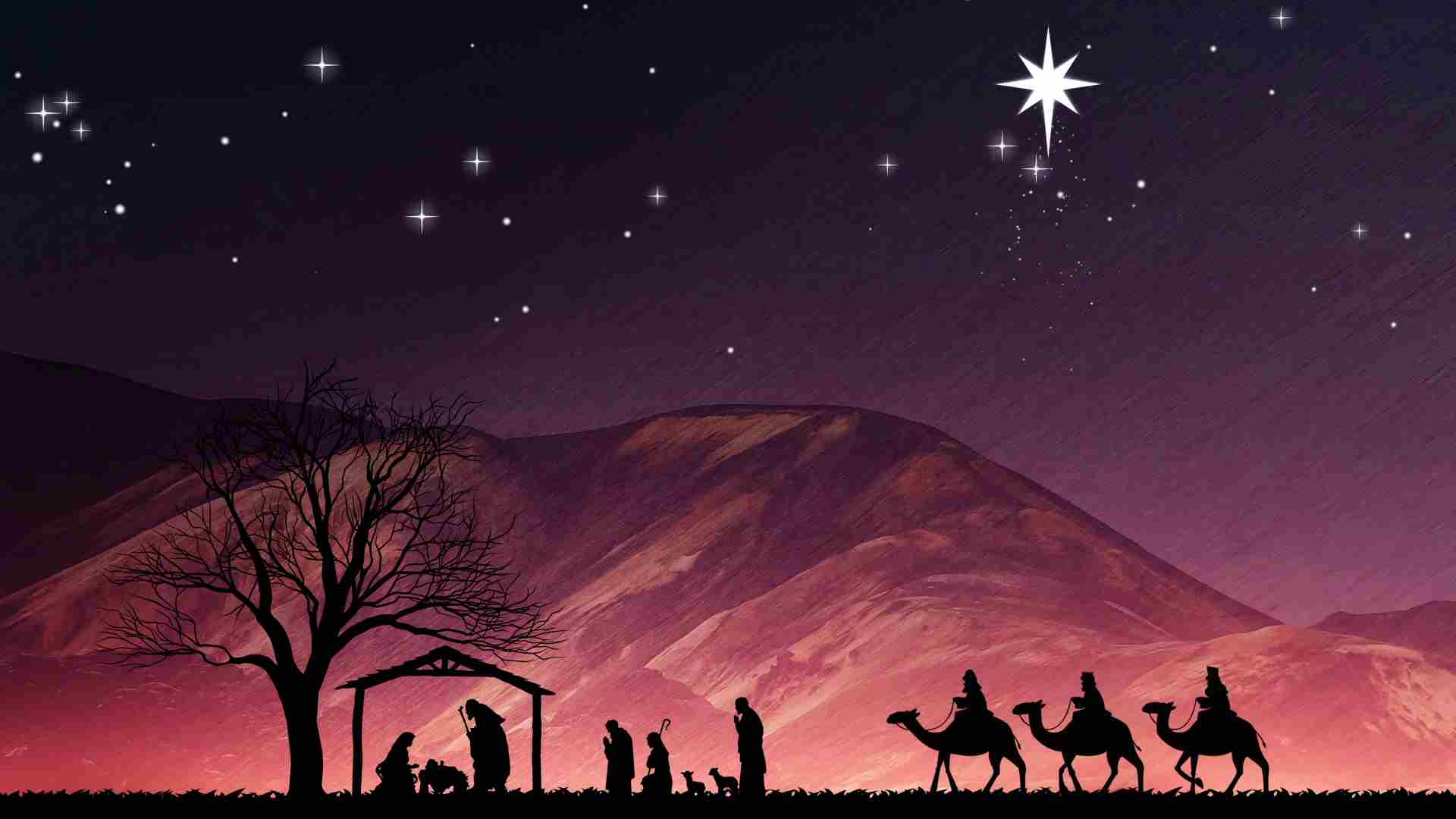Discussion on Unifying The Dates of the Feasts (3)

- I have a question: What do you mean by adjusting the Western calendar?
+ The western calendar was called the old Julian calendar, which is identical to the Coptic calendar, and was originally derived from it. In this calendar the length of the year is calculated as 365 days and six hours. This means that earth completes its cycle around the sun in this period, and then begins a new cycle of a new year, and so on and so forth.
- What is the problem in that?
+ With the advances of science, it was discovered that earth completes its round around the sun in a period of less than what was calculated before (365 days and six hours). According to scientists, this period is precisely 11 minutes and 14 seconds less.
- What is the meaning of this?
+ This means that the Earth finishes its round around the Sun, in 365 and five hours and 48 minutes and 46 seconds, which means that the calculation of the year is shorter than it was calculated before. The scientists adjusted the Julian calendar because of this, and that was with the encouragement of Pope Gregory the Pope of Rome, so this adjustment was called the Gregorian Amendment in 1582 AD. The world now is using this adjusted calendar and is called the Gregorian calendar.
- What about the Coptic calendar?
+ It was not changed at all. The calculated year in this calendar consists of 365 days and six hours so there has been a big difference between it and the Gregorian calendar, the latest difference now is 13 days, six hours and forty-five minutes. The difference is becoming bigger every year with 11 more minutes and 14 seconds, which means for every 128 years, the difference becomes a full day approximately.
- Are you saying that the difference in the calculation is because of the length of the year?
+ Exactly.
- I have a hypothetical question: what if the current situation continues for a period of seven thousand years to come, what will be the difference between the two calendars?
+ After seven thousand years from now, the difference will be about 68 days which means that Christmas (29th of Kiahk) will corresponds with March 3rd. Can you imagine that the agricultural Coptic month Hatour would fall inappropriately in late January, the fast for Christmas will begin in late January, Epiphany will be in Lent and Christmas as well, also the period of Fast of the Apostles will be between 75 and 100 days, Noiruze feast will be in November!
- Are you kidding?!
+ No of course, this is the truth in case of the continuation of the current situation.
- So why don’t we update and adjust the Coptic Calendar the same way as was done with the old Julian calendar when it was converted to the Gregorian calendar?!
+ This is what we and the Egyptian astronomers are seeking. When this happens, the problem of the difference between the two calendars will be easily solved and the unification of the date of Christmas celebration will happen.
- Is it possible for scientists and researchers to convince executive leadership in the Egyptian state to adjust the calendar?
+ I think this is difficult, because the state now doesn’t use the Coptic calendar formally- only the Coptic Church does. Adjusting the calendar will benefit the church the most, that’s why the church is the one that should do something about it – not the scientists and researchers. They will help convince officials in the state.
- What is the best way in your opinion to adjust the calendar?
(To be continued)